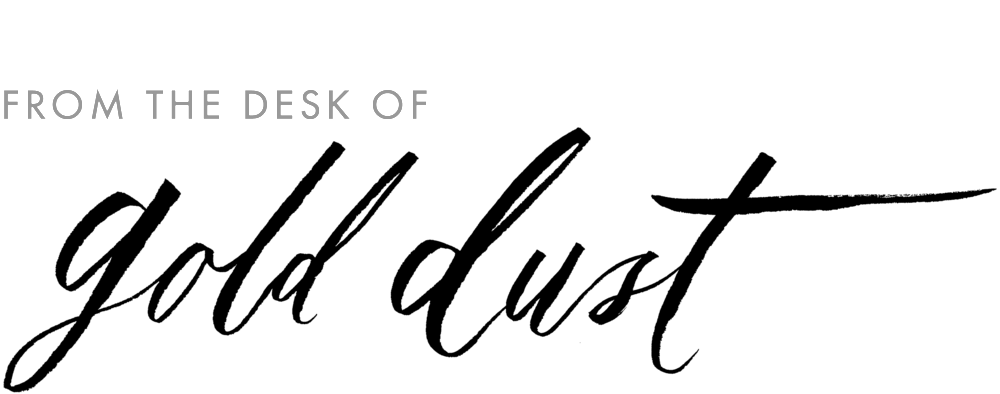Last week, I told you about my love of surfing — and the mental and physical blocks I confront along the way, including the color commentary Sally, my inner critic, provides. Surfing involves far more time in the water than it does actually standing on the board. (I doubt my coaches will read this, but in case they do: By “standing” I mean, “demonstrating the proper functional stance”.)
I would prefer to go from novice to pro overnight, and skip all this “learning” nonsense. In first grade, I wondered why we were wasting our time with arithmetic. If we were supposed to end up knowing the information contained in the eighth grader’s textbooks, shouldn’t we just start there? Cutting out all the busywork in between seemed more efficient. (In hindsight, I did go through each of the grade levels in order, and the only thing I remember about a quadratic equation is the name that is goes by.)
Whether it’s math or surfing (or anything, for that matter) there’s a learning curve. I don’t expect anyone else to be instantly proficient, but I have a hard time extending the same courtesy to myself. Even after I reluctantly accept I won’t master a new skill overnight, I still cling to the unrealistic expectation that my progress will be quick and painless. When it comes to the learning curve of self-acceptance, I’m languishing near the bottom.
The instant I tumble off my board into the salt water, my brain begins to analyze what went wrong. Maybe I began paddling too late to catch the wave, or maybe I caught it but dug a rail because my body weight wasn’t centered on the board. Some analysis is beneficial. Ideally, I’ll perform a cursory review and identify what corrections (if any) need to be made. Then I’ll let it go, get back on the board, and paddle back out.
Sometimes, however, my brain wants to tinker with it a little longer, maybe put the instant replay on repeat and compare my footage to everyone else in the water. The minute I get sucked into comparing my performance to everyone else, I’m screwed. Do I isolate the variables, especially to control for those who’ve been surfing longer than me? Nope. Do I remind myself that at this time, last year, I had never even been on a board, and that panic would set in every Saturday before I’d show up at my swimming lesson? Not a chance.
This Emerson quote keeps coming to mind: “All life is an experiment. The more experiments you make the better.” The notion that life is offering us a series of opportunities to figure out what works and what doesn’t appeals to me far more than the mentality that life is one long string of proficiency tests for each of us to demonstrate our value as human beings. With that mindset, I may one day be able to wrap my mind around the fact that arriving at the destination < the process of getting there.
Photo courtesy of Surf Simply


